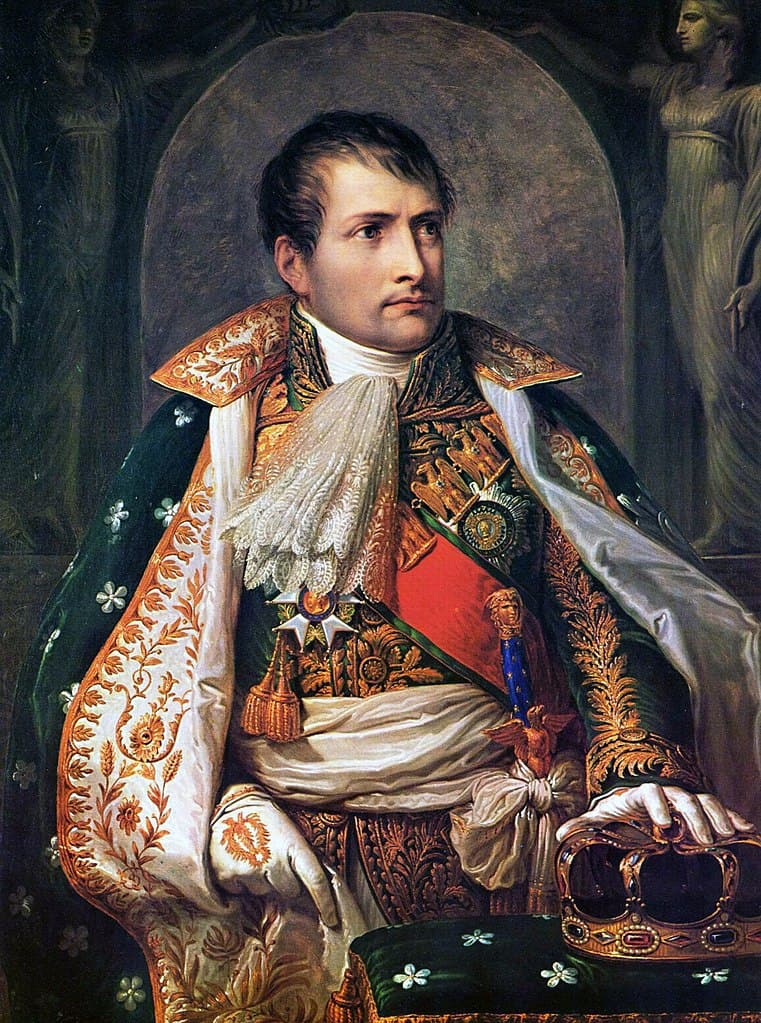In 1805, a spy tricked an Austrian general to lead an army of 72,000 men out of a strongly fortified city that it might have held indefinitely, and into the open field. There, it was crushed by a vastly superior French army led by Napoleon Bonaparte. The spy pulled off that feat with fake newspapers and letters. Below are thirty things about that and other fascinating espionage facts from history.

30. Napoleon Bonaparte Found Himself in a Pickle in 1805
It was 1805, and Napoleon Bonaparte had been at war with Britain since the breakdown of the Peace of Amiens two years earlier. He had a powerful “Army of England”, 210,000 strong, camped in northern France and ready to invade Britain if his navy managed to secure its safe passage across the English Channel. British diplomats had been busy though, and in April 1805, their efforts paid off when they convinced Russia to ally with them in a coalition against France. A few months later, Austria joined them, and Napoleon had to abandon his dreams of invading England in order to deal with his enemies in Europe.
The Army of England became the core of what Napoleon later called La Grande Armee (The Great Army), and in 1805 it grew to 350,000 well-equipped, well-trained, and well-led men. Napoleon wanted to hit the Austrians while they were still on their own before they were reinforced by Russian armies than on the march to join them. Austrian General Karl Mack von Leiberich sealed off the gaps in the Black Forrest in southern Germany that Napoleon would use if he marched to Austria from northern France. He then planned to until his Russian allies arrived. The linchpin of his defense was the fortified city of Ulm, and Napoleon wanted to winkle Mack out of it. So he turned to a spy, Karl Schulmeister.

